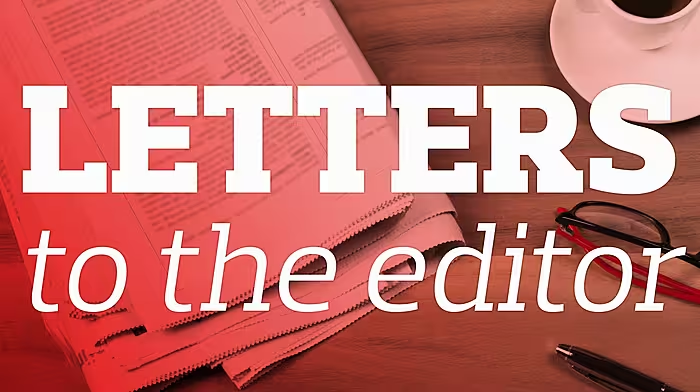WHILE the government has been largely praised for its handling so far of the economic fall-out of the Covid-19 pandemic, added pressure has been heaped on the country by Brexit. Deal or no deal, Britain’s departure from the European Union is going to affect our economy to a greater or lesser extent and, while we can mitigate the damage with further borrowing to provide stimulus packages for impacted sectors, the mounting national debt is going to have to be serviced and reduced in the medium to long term.
The EU has removed the shackles on member states as regards how much they are permitted to borrow and, as interest rates are so low at the moment, the cost of borrowing is almost negligible, therefore the government is justified in doing so as things stand. But where this should stop is a conundrum with no clear or easy answer.
Just last week, economics ratings agency Moody’s cautioned that ‘Brexit is still the largest economic risk to Ireland’s economy over the next few years.’ It reckons that if there is a Brexit trade deal, Ireland’s gross domestic product (GDP) will increase by 2% next year.
However, forecasts of the potential implications of a no-deal Brexit vary somewhat with the Department of Finance saying it would result in a drop of 3% in our GDP next year, while the Irish Fiscal Advisory Council (IFAC) predicts a 6% drop, which would result in a massive €21bn hit, affecting the agri-food sector as well as small and medium enterprises the most.
In the recent assessment of Budget 2021, IFAC chairperson, Sebastian Barnes, declared that ‘Budget 2021 is right to continue massively supporting and stimulating the economy at a time when Covid-19 and Brexit will weigh on the Irish economy.’ However, IFAC has also issued a note of caution regarding extra permanent spending increases in the order of €5.4bn outside of what is necessary to deal with the pandemic that the government has committed to.
These are for extra recruitment in the areas of health and education mainly, the fiscal watchdog’s problem with this is that the government has not explained how this expenditure is going to be funded into the future and it warns that it could potentially go as high as €8.5bn, which is a considerable amount of money. Extra spending is usually funded either by expenditure cuts in other areas and/or increased taxes.
The rather fragile current coalition government has ruled out the latter all along, so unless they change their mind about that in the immediate future, it looks like they will have to rob Peter to pay Paul. Not unreasonably, IFAC wants the government to clarify its medium-term strategy on how to finance increases in public spending in the Stability Programme update due next April.
Interestingly, IFAC is of the opinion that, if there is a speedy roll-out of an effective Covid-19 vaccine in the early part of next year and – this is the big ‘if’ – a free trade deal between the EU and the UK, our economy could recover from the effects of the pandemic as early as 2022. That would seem to be a tad over-optimistic, but we would of course warmly welcome it if it turned out to be the case.
In the meantime, whichever way things pan out, we are nearing the endgame as regards how much we should be borrowing and prudence is needed now more than ever to ensure the level of government borrowings remain sustainable. And, as IFAC advised, strengthening the fiscal framework would help in facing significant fiscal pressures in future years from fiscal adjustment, ageing, reducing overreliance on corporation tax and climate change.








